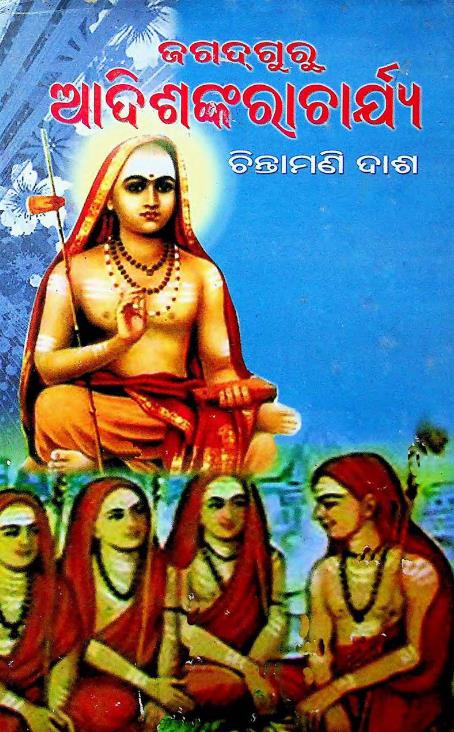In the realm of Indian philosophy and spirituality, few figures hold as prominent a place as Jagatguru AdiShankaracharya. His remarkable contributions to Advaita Vedanta, a non-dualistic school of thought, have not only shaped Hindu philosophy but also influenced millions across generations. In 2010, Chintamani Das published a gripping biography that captures the essence of this great sage’s life, philosophy, and enduring impact.
Born in Kaladi, Kerala, around the 8th century CE, Shankaracharya exhibited remarkable intellect and spirituality from a young age. Chintamani Das’s biography delves into the details of his early life, highlighting the profound loss of his mother, which ignited his quest for spiritual knowledge. At a mere eight years old, he renounced worldly attachments and became a wandering monk. This period of his life is crucial, as it lays the foundation for his later theological explorations.
Adi Shankaracharya’s philosophy is rooted in the concept of Advaita, or non-dualism. This doctrine posits that the individual soul (Atman) and the ultimate reality (Brahman) are one and the same. In his biography, Das elucidates Shankaracharya’s arguments against dualistic interpretations of Hindu texts and outlines how his teachings emphasize the idea of unity in diversity. The work encapsulates Shankaracharya’s famous assertion, “Brahman is real, the world is an illusion, and the individual soul is God.
Das’s biography does an exceptional job of chronicling Shankaracharya’s extensive travels across India. These journeys were not merely physical but also intellectual, leading to debates with prominent theologians, including Buddhists and other philosophical schools. The book describes significant milestones such as his establishment of the four mathas (monastic orders) in different corners of India, aimed at preserving and propagating his Advaita teachings.
In addition to his philosophical debates, Shankaracharya was a prodigious scholar who authored several significant texts, including the Brahma Sutra Bhashya, Upadesha Sahasri, and various commentaries on the Upanishads. Chintamani Das meticulously highlights these writings, conveying their deep insights and transformative power.
Shankaracharya’s influence transcends the boundaries of time and geography. His synthesis of spiritual practices and philosophical inquiry laid the groundwork for many modern interpretations of Hinduism. Das emphasizes how his teachings advocate for the realization of one’s true self, promoting a universal outlook that resonates even in contemporary spiritual discourse.
The biography’s concluding chapters reflect on how Shankaracharya’s legacy is witnessed today, with numerous followers and scholars advocating for his vision of oneness amidst a world rife with divisions. His thoughts on life, spirituality, and morality offer timeless wisdom relevant to modern seekers.
Books Info
| Books name | Jagatguru Adisankaracharya/ଜଗତ୍ଗୁରୁ ଆଦିଶଙ୍କରାଚର୍ଯ୍ୟ |
| Author | Narayan Panda |
| No Of pages | 323 |
| Publisher | Smt. Suoma Bisoi |
| Publication | 2013 |
| Printed At | Creative |
| Distributor | NA |

